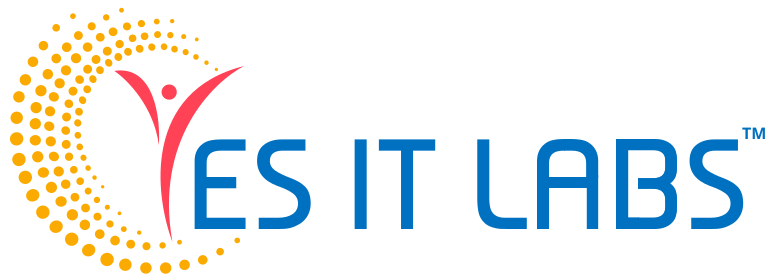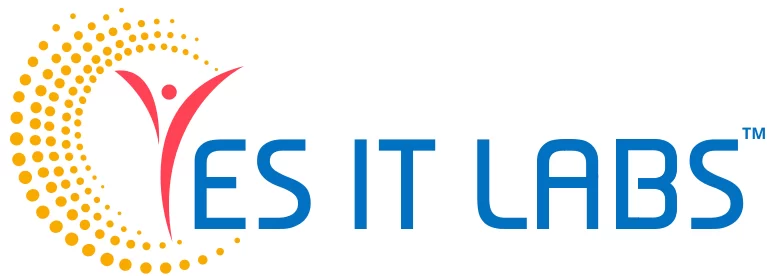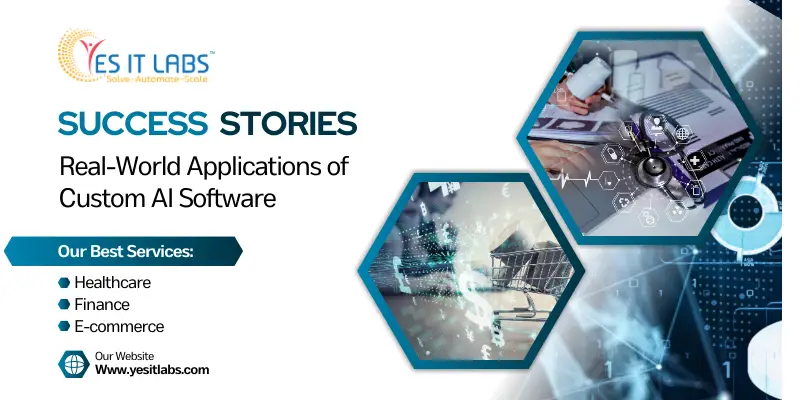Hey there, fellow web enthusiast! So, you’ve decided to embark on the exhilarating journey of creating a web application. Congratulations! Now comes the big question: which technology should you use? In the vast sea of programming languages and frameworks, two giants stand out: ASP.NET and PHP. But fear not, because in this blog post, we’re going to dive deep into the realms of ASP.NET and PHP to help you make an informed decision for your web application needs.
ASP.NET: Microsoft’s Powerhouse
Let’s start with ASP.NET, Microsoft’s brainchild for web development. ASP.NET stands as a resilient and adaptable framework designed for crafting dynamic web applications and services. It’s backed by the power of C# and the .NET framework, offering developers a plethora of tools and libraries to work with. Below are several essential factors worth pondering:
- Performance and Scalability: ASP.NET is renowned for its performance and scalability. With features like just-in-time compilation and caching, ASP.NET can handle heavy traffic loads with ease. Plus, its integration with IIS (Internet Information Services) makes it a solid choice for high-performance web applications.
- Enterprise Support: If you’re building enterprise-level applications, ASP.NET has your back. It offers seamless integration with other Microsoft technologies like Azure, SQL Server, and Active Directory, making it ideal for businesses operating in the Microsoft ecosystem.
- Security: Security is paramount in web development, and ASP.NET takes it seriously. With built-in features like request validation, authentication, and authorization, ASP.NET helps developers build secure applications from the ground up.
- IDE Support: Visual Studio, Microsoft’s integrated development environment (IDE), is a powerhouse tool for ASP.NET development. It offers a rich set of features like debugging, code analysis, and project management, streamlining the development process.
PHP: The Open-Source Champion
On the other side of the ring, we have PHP, the ever-popular open-source scripting language for web development. PHP powers millions of websites and web applications across the globe, including behemoths like Facebook and WordPress. Here’s why PHP might be the right choice for you:
- Flexibility and Ease of Use: PHP’s simplicity and flexibility make it a favorite among developers, especially beginners. Its syntax is easy to grasp, and it seamlessly integrates with HTML, making it a breeze to work with for web development tasks.
- Vast Community and Resources: PHP boasts a massive community of developers and a treasure trove of resources, including libraries, frameworks (think Laravel and Symfony), and forums. This wealth of resources can be a lifesaver when you’re stuck on a problem or need guidance.
- Cost-Effectiveness: Since PHP is open-source, it comes with the added perk of being cost-effective. There are no licensing fees or subscriptions to worry about, making it an attractive option for startups and small businesses with budget constraints.
- Cross-Platform Compatibility: PHP runs on various operating systems, including Windows, Linux, and macOS, giving you the flexibility to deploy your web applications across different environments.
Choosing the Right Tool for the Job
Now that we’ve weighed the pros and cons of ASP.NET and PHP, how do you decide which one is right for your web application needs? Here are a couple of aspects to take into account:
- Project Requirements: Take a close look at your project requirements. Are you building a small-scale website or a large-scale enterprise application? Do you need tight integration with Microsoft technologies or prefer an open-source solution?
- Development Team Expertise: Consider the proficiency of your development team. Are they well-versed in C# and the .NET framework, or do they have experience with PHP and its ecosystem? Choosing a technology that aligns with your team’s skill set can streamline the development process.
- Scalability and Performance: Think about the scalability and performance needs of your application. If you anticipate heavy traffic and complex functionality, ASP.NET might be the way to go. However, if you’re focusing on rapid prototyping and agility, PHP’s lightweight nature might suit your needs better.
- Budget and Cost: Evaluate your budget and cost constraints. While ASP.NET comes with licensing fees for tools like Visual Studio and Windows Server, PHP is free to use. Consider your budgetary constraints and choose a technology that offers the best value for your money.
Frequently Asked Questions
Q: Is ASP.NET only suitable for Windows-based servers?
A: While ASP.NET was initially designed for Windows-based servers, it’s now cross-platform thanks to the introduction of .NET Core. You can deploy ASP.NET applications on Windows, Linux, or macOS servers.
Q: Can I migrate my existing PHP application to ASP.NET?
A: Yes, it’s possible to migrate your PHP application to ASP.NET, but it may require significant effort depending on the complexity of your application. Tools like the ASP.NET Migration Assistant can help streamline the migration process.
Q: Which framework is better for e-commerce websites: ASP.NET or PHP?
A: Both ASP.NET and PHP have robust frameworks for building e-commerce websites. ASP.NET offers solutions like nopCommerce and Kentico, while PHP boasts platforms like Magento and WooCommerce. Evaluate your specific requirements to determine the best fit for your e-commerce project.
Conclusion
In the battle of ASP.NET vs. PHP, there’s no one-size-fits-all answer. Both technologies have their strengths and weaknesses, and the right choice depends on your project requirements, development team expertise, and budget constraints. Whether you opt for the enterprise-grade power of ASP.NET or the flexibility of PHP, rest assured that both technologies can help you bring your web application dreams to life.
So, what will it be? Are you ready to dive into the world of ASP.NET or PHP for your next web development adventure? The decision is yours, and the potential is boundless!
And if you’re looking for a reliable ASP.NET development services, don’t hesitate to reach out. We’re here to assist you in transforming your vision into fruition!



